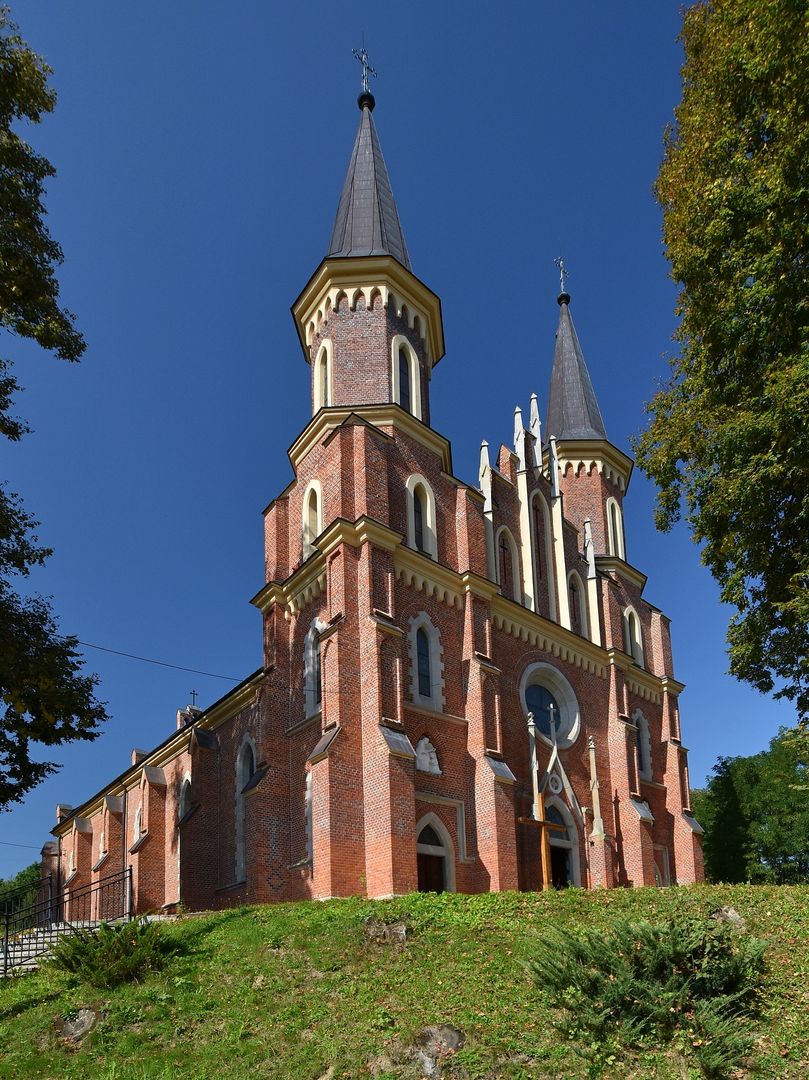Dydnia
6.62

Overview
Dydnia is a village located in the Podkarpackie Voivodeship, within the Dydnia commune. Its history dates back to the 14th century, when King Casimir the Great granted the village to brothers Piotr and Paweł Bal. The first recorded mention of the settlement comes from 1361. Dydnia was once the ancestral home of the Dydyński family, and in the 19th century, the estate owner was Feliks Pohorecki. The village has preserved valuable architectural monuments, including the Neo-Gothic Church of St. Michael the Archangel and St. Anne, built in 1882 with funds from Pohorecki and local parishioners. The church interior is adorned with numerous valuable furnishings from the 17th to 19th centuries, and next to it stands a wooden rectory in the Zakopane style, typical for the region. Dydnia also features a 19th-century Classicist manor house surrounded by a park and a 19th-century granary, making it an interesting destination for architecture and history enthusiasts. In the cultural sphere, Dydnia actively promotes local artists, and the Communal Cultural Center hosts a variety of cultural events. The village is home to a Music School and the football club Zryw Dydnia. Dydnia is also notable for its natural wealth – the surrounding area is forested, and the Świnka stream flowing through the village provides a habitat for various fish species. An interesting local legend tells of Maciej Pohorecki, who planted forests to improve the local microclimate. The village is also known for its beautiful landscapes, making it an increasingly popular destination for agritourism. Dydnia preserves monumental religious traditions, and its parish has a long history dating back to the 15th century. Despite administrative changes, Dydnia remains a significant point on the regional map, thanks to its cultural, historical, and natural assets.
Location
2026 Wizytor | All Rights Reserved